This speech was part of Nomos Birmingham
We’ve heard this evening about what the vanguard is, the types of people the vanguard is made up of, and what we can do to support a dissident vanguard in the arts, but there’s one question we have yet to answer: where is the vanguard? More specifically, why has a new elite not emerged to overtake the creaking system and the class of elites that have run it for over seventy years? I hope to elucidate in breadth (rather than depth) on the topic of how the current elite retains power and prevents a vanguard of political opposition from displacing them, as a full explanation would take far longer than the time allowable today.
Since the end of the Second World War, we have lived in a political Groundhog Day; the norms laid down in 1945 and given full cultural solidification in the 1960s have continued uninterrupted into the present day. Western politics at the conception of the baby boomer generation is largely the same as they enter their care-homes and graves—like a boomer rock band giving increasingly more self-indulgent & implausible encores. “Don’t leave your seats folks, you’ll love this next interchangeable technocrat.”
Prior to the two world wars, there were greater varieties of governance than simply “Western Liberal Democracy.” The diverse political ideas of the largely more traditional and stable European pre-war states are retrospectively characterised as the evil old-world autocracies, which the wars were fought to liberate humanity from. In the case of the Second World War, the ideas of a cartoonish “Axis of Evil” are pitched against the equally cartoonish heroism of the ideas that would become the post-war era shaped by the allies.
This mythologised these ideas, whilst retconning the fact that the war was fought in lockstep with the genocidal Soviet Union, who was recast as the cartoon villain of the post-war age. This was of course until the collapse of the Soviet Union, which was largely revealed to have been a paper tiger. In the wake of the Soviet collapse, the liberal democracies stood completely unopposed in their position as the hegemony of global power and allowed for the continuous canonising of their ideas as simply “neutral and normal.”
Thy myths of history, referred to by some as “the boomer truth regime,” underpins the continuing thread of political power by the elite class established in 1945. Frequently throughout the latter part of the 20th century, the tight hegemony that is “the post-war consensus” was said to have been broken, but in reality, political thought has never left the very narrow bounds prescribed to it by the post-war settlement.
In America the 1980s were supposedly a rightward lurch, yet Reagan signed social security into law, established MLK day as a national holiday, heavily strengthened firearm restrictions, and did not curtail America’s public spending—choosing instead to use military spending as a form of economic stimulus. By standards of the previous era, Reagan was a consensus liberal—hardly a conservative. He shifted the Republican party towards the centreline of “acceptable politics,” and as such, narrowed what was and was not permissible on the political right.
This ever-narrowing of the Overton window has been acutely obvious over the last five years, with ideas that would have been acceptable a short time ago becoming grounds for censure now. There is very clearly a set of ideas that establishment figures purport to hold, and their homogeneity gets ever greater. In an age of supposedly unprecedented freedom of speech and expression, the widespread ideas of previous ages become the monstrous ramblings of dangerous authoritarians, to be portrayed as the cartoonish Nazis of World War Two propaganda. The continuing vitality of wartime propaganda in domestic politics to distinguish friend from enemy shows how we still live in a very much concurrent political age. Propaganda from, say, the Boer war, or the Crimean war, would seem meaningless and perplexing to the general population as it comes from a political age we no longer live within.
Current governments portray their use of power and their messaging in propaganda as simply neutral, natural administration. They utilise the establishment of “acceptable limits” of political thought, so as to place ideas that may threaten them firmly outside of those limits, and anyone espousing them is to be quickly ejected from “the political process.”
As such, politics in “Modern Liberal Democracies” have a prescribed pattern to them: a centre-left and centre-right political party compete for votes over a handful of permitted political issues within established “political norms.” They oversee a consistent gentle “leftward” cultural drift, interrupted by sharp periods of government intervention establishing a “new normal” of greater governmental power—a new normal neither party will attempt to reverse. This seemingly mundane political cycle belies the shared goals and internal ideology of the political class, has shaped the world we live in under their tenure, and created a tight hegemony into which no new vanguard can penetrate.
The idea that we live in a world shaped, not by popular will, but by the actions of a small elite class is a contentious one. We are supposed to have moved past the age of autocracies into the glorious future of democracy, in which each man is individually free to choose his own destiny and yet collectively choose where power resides.
What logically would follow from the earnest belief in this view is a paradise—but since we live in the reality we do, it seems unlikely that the lofty rhetoric of Liberal Democracy is wholly compatible with reality.
Vilfredo Pareto and Gaetano Mosca both described a world in which it is inevitable that only a small percentage of people will hold a disproportionate amount of power, due to the differences in human ability and the realities of human nature. They saw the rise of certain individuals, by whatever means necessary, to the status of a power wielding “elite” as an unshakeable fact of human existence. They expose ideas later codified by Rothbard and Hoppe who spoke of “natural elites,” who—in a healthy society—gradually replace the old elite as they become dysfunctional or incompetent. I don’t have time to cover their theories in depth, but to them the veneer of egalitarianism would simply be a mechanism to obscure the reality that an elite class still wields power.
In a democracy, this class is what James Burnham dubbed “the managerial elite,” a class of people who see their role as actively managing and shaping societies and the people who live within them. He very astutely points out that no matter what the current rhetoric around “public ownership” is, a small group of people must be in charge of administering those resources and therefore those managers—and not “the public”—are the ones who are in power.
But what of the safeguards Democracy and constitutional law are meant to build into a modern state? Surely a new elite must be able to emerge through the electoral system, by nature of politicians being able to be voted out and corrupt officials being subject to arrest.
The first stumbling block is that it is unfeasible for most of the previously described “managers” to be elected officials, so they must be appointed officials instead. The pool from which to appoint new managers is limited to those who have already made their way towards the top of the existing power structure and hold “acceptable ideas” within it. Therefore, this system becomes an excellent way to police who is and isn’t in the managerial elite class.
For elected officials, democracy only leads to a “cycling of the elites” rather than a removal, where officials seamlessly pass from elected to unelected office or from national to supranational positions of power, playing a game of political musical chairs. The move of Tony Blair from politically untenable UK prime minister to UN Middle East peace envoy is a perfect example of how those in the political class, despite immense unpopularity, can retain power.
This can help explain why “Liberal Democracies,” which on paper hold the potential for radical political swings, are so static in their political landscape and power structure. Their makeup is designed to obfuscate the very existence of a ruling class and give the illusion of change without delivering it substantively.
As such, the messaging and policies of the political parties in the United Kingdom—both when in power and seeking power—since 1950 have remained stunningly consistent: we have had a nationalised health service, taxation sitting around 30% of GDP, top-down interventionalist economic policies, a hybrid system of nationalised and semi-private infrastructure, and an emphasis on a welfare state throughout. The supposedly radical right-wing era of the Thatcherite 1980s did not deviate from this formula too heavily; no mainstream political party has campaigned on the promise of a truly radical alternation to post-war British politics. Within the context of the varied pre-war political systems, the changes made by the Thatcher government were minor turnings of the political dial, ones which the Labour government turned back leftward again under the Blair regime.
Speaking of “The Dark Lord” himself, there is a very important reason Blair’s Labour government of the late 1990s was so obsessed with education. To demonstrate why I’m going to do some audience participation:
Okay, raise your hand if you have a degree [around 60% of the room raises their hand]. Now keep your hand raised if you are employed in the subject area of that degree [almost everyone lowers their hands]. Hmmm, that’s what I suspected.
The simple fact that three to four years of people’s lives—and tens of thousands of pounds—are spent in pursuit of qualifications and expertise the vast majority of those people will never use acts to expose the revealed preference of those who manage the state education system. It does not primarily function to create well informed, well adjusted graduates; it also does not primarily function to cynically create efficient economic units for the benefit of the managerial state. The primary function of the education system is to socialise people into a baseline level of compliance and to integrate them into the norms of the current system—even to the detriment of purely economic goals.
In doing this, the education system acts as an efficiently designed filter for preventing the rise of new elites by making the credentialism needed to function in a modern state intolerable to people with maverick tendencies, high disagreeability, and intelligence above the median range.
You can track this suppression of natural elites by looking at who the British education system caters to; it is increasingly dominated by “historically disadvantaged groups,” i.e., the confluence of ethnic minorities, women, and “LGBT”. It has a feminised, anti-native outlook that promotes non-normative behaviour. This is so extreme there has even been mainstream dialog in the press around how natively British heterosexual males who are not from existing elite families constitute an “educational underclass” abandoned, shamed, and actively suppressed by the current order.
The education system is structured this way because natural elites tend to be male—more specifically males of a native ethnicity with a high degree of disagreeability. Males who excel without the conniving traits that would allow them to dishonestly integrate into modern education are the very definition of what Pareto dubbed “The Lions,” natural elites who favour strength, bravery, and honesty above the purely intellectual—what we would have previously thought of as the warrior class. Preventing these individuals emerging from circles not already subsumed in the elite structure is of extraordinary benefit to the current elite class as they constitute the most dangerous potential threat to it.
This brings us to the inevitable question: do those within the power structure genuinely believe in things like feminism, egalitarianism, racial equality, and gay rights? Do the likes of Raytheon—the second biggest manufacturer of U.S. military drones and whose pride banner is pictured above— genuinely believe in leftist LGBT social change, or are these just cynical tools to retain and enhance their own power and position?
This is a debate that Pareto and Mosca had, both with each other and within their own work. I would contend that the higher up in the power structure you go, the greater the chance of an individual being a Machiavellian actor becomes—by the simple fact that they have shown themselves able to elevate themselves to a position of power at the expense of others. Rather than conspiratorial, it seems logical to believe that those who seek power and are good at attaining it are likely to see power as in their interest rather than being wide-eyed idealists.
The rhetoric of egalitarianism and universalism also benefits the elite class by robbing smaller communities of the tools with which to assert their own interests and criticise those elites who would speak for “the greater good.”
It ultimately doesn’t matter if the current elite class consciously impose conditions to their benefit with calculated intent or through genuinely ideological belief; they are incentivised to act in their own benefit and to retain their position regardless of how they rationalise those actions. To quote Pareto:
Here Pareto is expressing the reality that both possibilities produce the same result: perpetuation of self-interested power.
A small group can steer a large system in this way, because it only requires a limited amount of intelligent Machiavellian actors to steer organisations made up of a mix of true believers, cynical climbers, and disinterested workers who are simply attempting to get by. Defence contractors wrapping themselves in rainbow flags as they vaporise Yemini children from high altitude happens because it is effective; very likely this is done intentionally by at least someone high up in the organisational structure. It is equally likely this ideological cloak is effective at convincing others within the organisation who do hold genuine belief and causing revulsion and demoralisation in those potential managers who do not share that ideological outlook.
Just as with the example of the feminist education system, prevailing establishment ideology—genuine or otherwise—acts as a filter for those seeking power.
What of the natural replacement of elites that is so vital to the maintenance of a healthy society? All the aspects of the current system I’ve described act as a lid, keeping new natural elites from emerging from their communities; the education system, the electoral system, the state of public debate, and the role of managerial ideology are seeping into all aspects of modern life. The current elite class established a high level of control through the slaughter of the first and second world wars and used that hegemonic power to insulate themselves from reality and systematically suppress any avenues potential non-elites could have to remove them from power.
We have not seen the emergence of a new elite because the current elite are effective at both suppressing its rise and masking the actions with which they do so, but this has the effect of putting a lid on a pressure cooker. The lockdowns, the forever wars, the social decay—all of this is a consequence of the current elites’ attempts to desperately keep the current order in place and alternate visions contained. They spend vast amounts of political and monetary capital effectively treading water as the hegemony needed to retain power becomes ever harder to maintain.
The upshot of this campaign against non-ruling elites is that we have multiple generations of lost men and women, bereft of the opportunity afforded to their ancestors to enhance their own standing and the standing of their community by the actions of their own hand. We have warriors selling used cars, philosophers writing advertisements, and poets cleaning toilets. As society has become more obsessed with social mobility, the individual acts of others are far more constrained than ever before by the notions of collective good defined by an elite class that continues to tighten their control.
But there is hope! Some claim we are doom and gloom merchants, but we must accurately understand reality first if we are to have a chance of altering it. The picture above is of Francis Fukuyama; he and his book “The End of History and the Last Man” were very influential in the ‘90s and early 2000s Neocon movement. His thesis is that Liberal Democracy is the ultimate form of governance, and that the end of the cold war provided the world with unrivalled peace and prosperity—the only threat to which is people’s petulant boredom with the steady, peaceful status quo. His ideas are the theory of “neutral” governance by benign “public servants” writ large.
Unfortunately for Mr. Fukuyama, as evidenced by the last two decades, history stubbornly refuses to end. Imagine a boot stomping on the face of Francis Fukuyama, forever. That is what the continuance of history into a post liberal-democracy era looks like. The heartening thing is that “The End of History” is at odds with reality itself and the decline of the post-war era elites is—on a civilizational level—inevitable.
The lid placed on the pressure cooker filled with disaffected non-ruling elites functions as a ticking time bomb; all the methods of suppression I have described throughout this speech hasten the end of this political system rather than prolong its existence. Hard as they might struggle against it, you can’t fight reality and reality shows us that all civilisations come to an end on a long enough timeline. That doesn’t mean we simply passively wait; we can and should take active steps to shorten that timeline and to “clear them out,” so to speak.
It may take ten years, it may take a thousand years, but the current system IS going to collapse. When it does there needs to be a group of people with strong traditions, high levels of expertise, and a cohesive set of ideas to replace this failed elite. We, as believers in ideas that hold more multi-generational value and come from traditions thousands and not merely dozens of years old, must create a group of people capable of stepping into that ruling elite role when the rotted-out shell of the post-war consensus finally crumbles to dust.
THAT is what a traditionalist vanguard is for.
Big thank you to PlasmaRob for copy editing the written version of this speech,

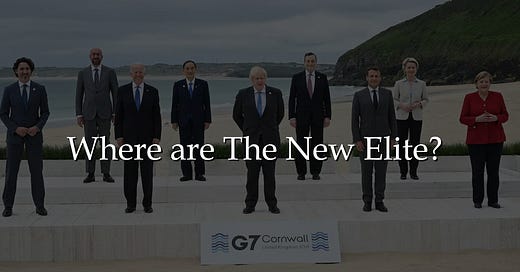



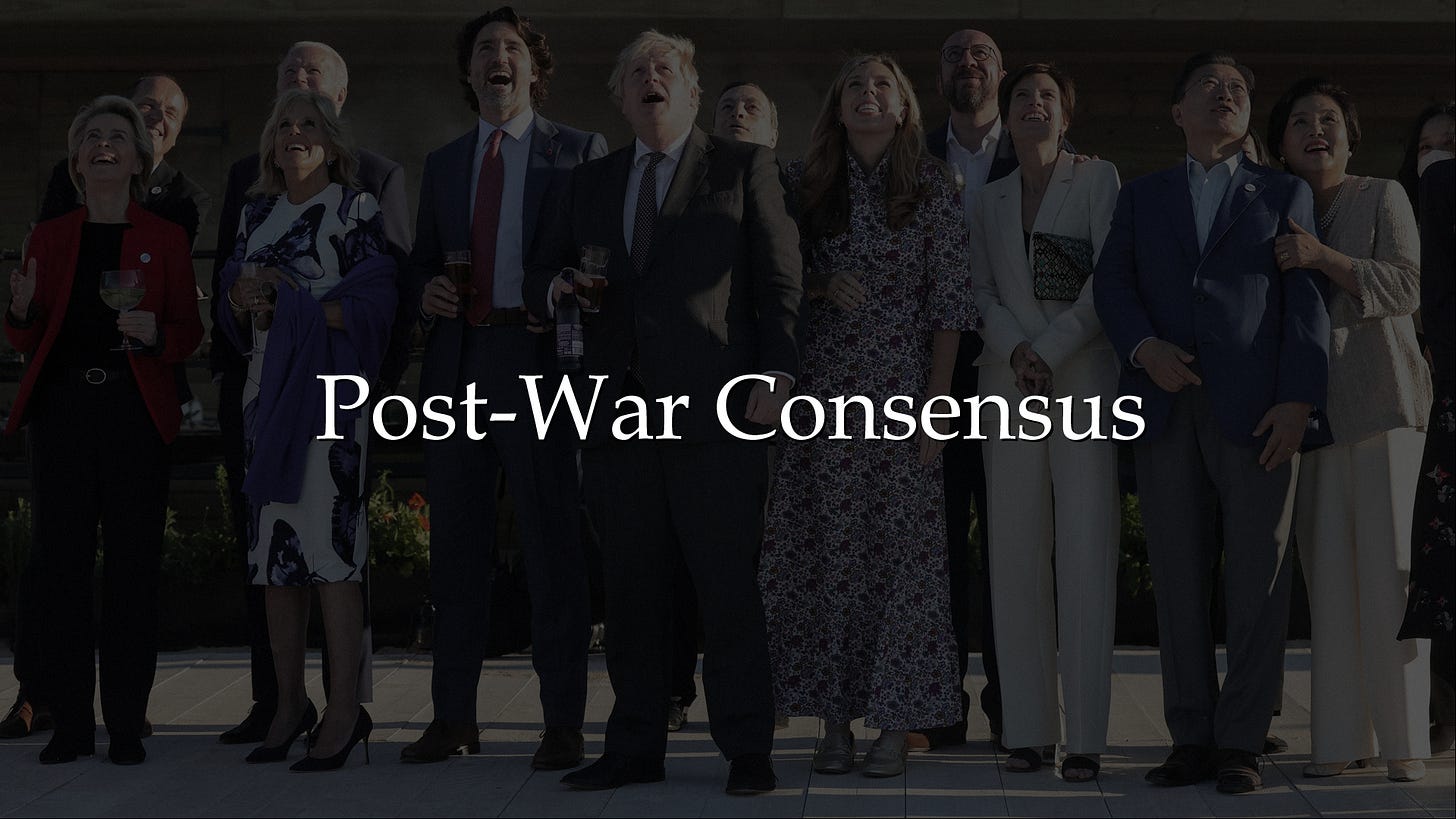
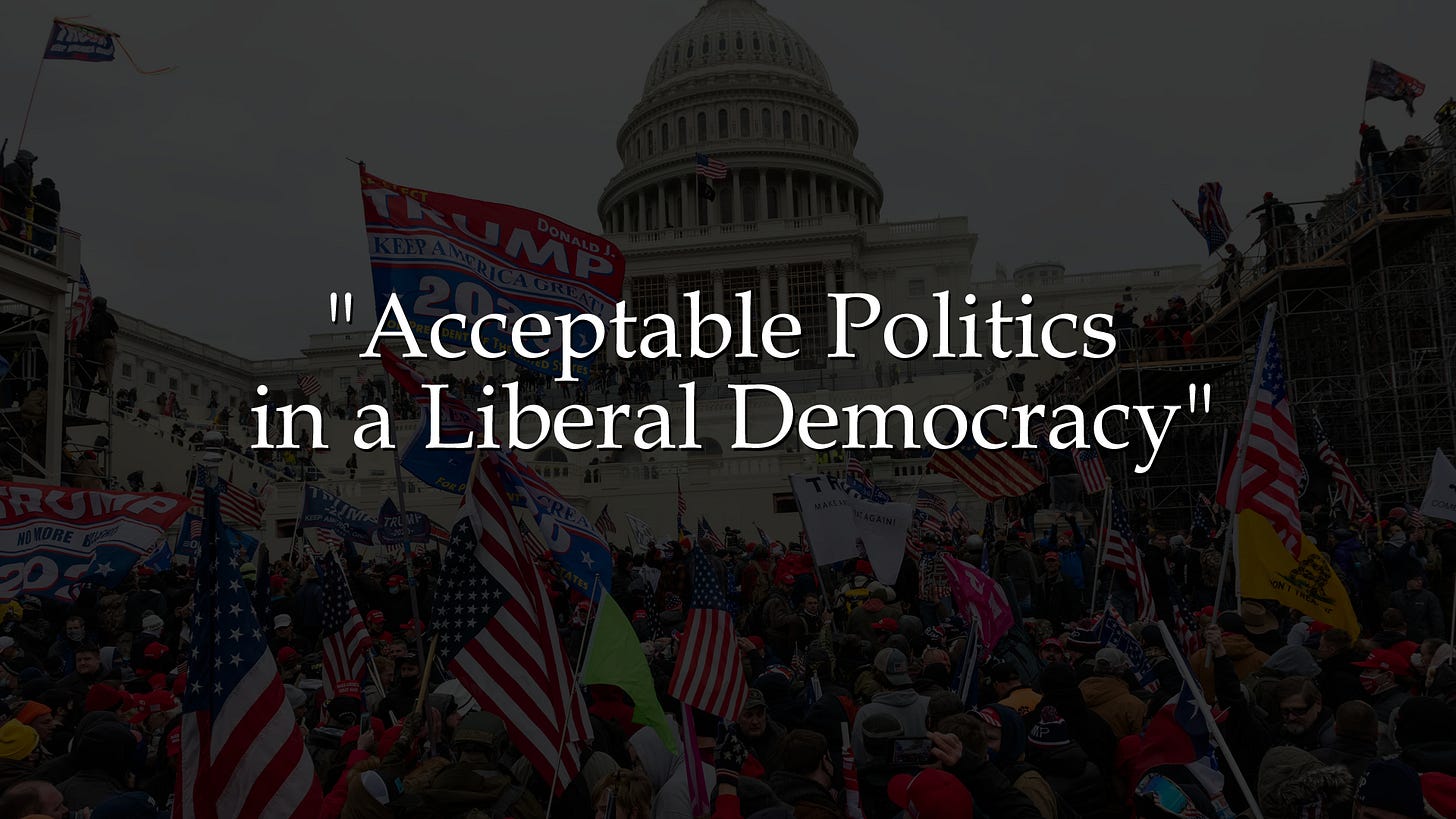
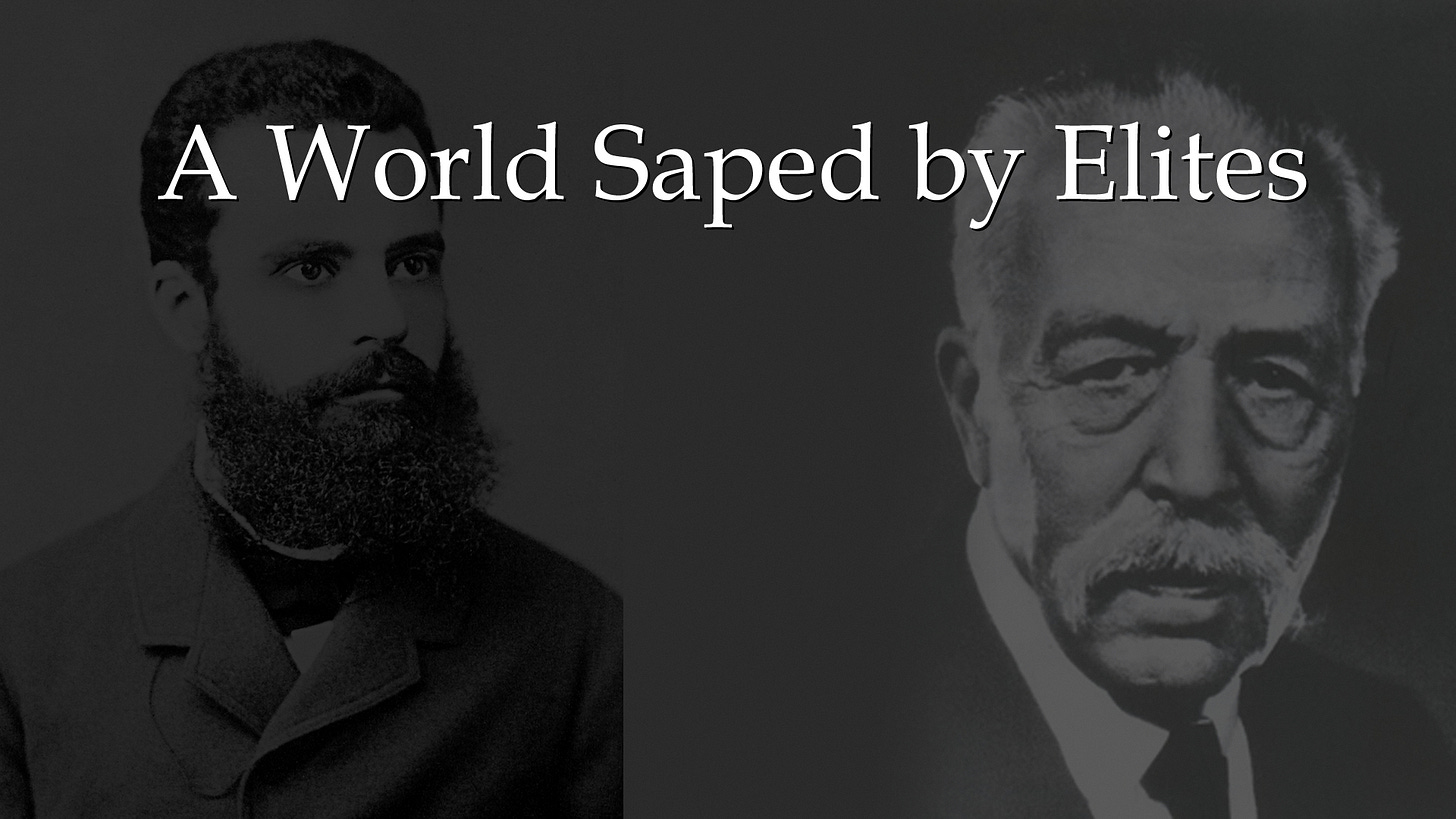


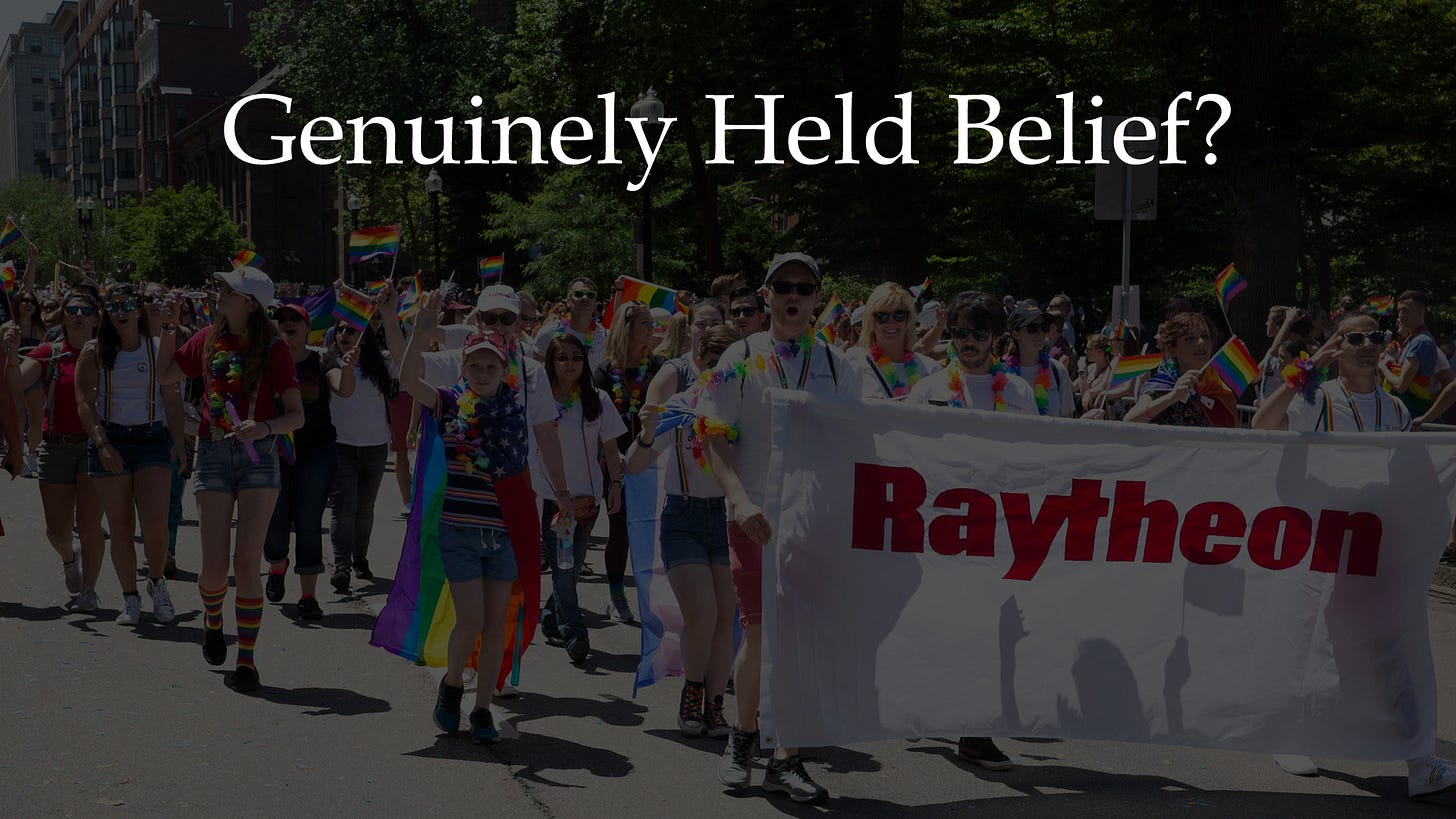
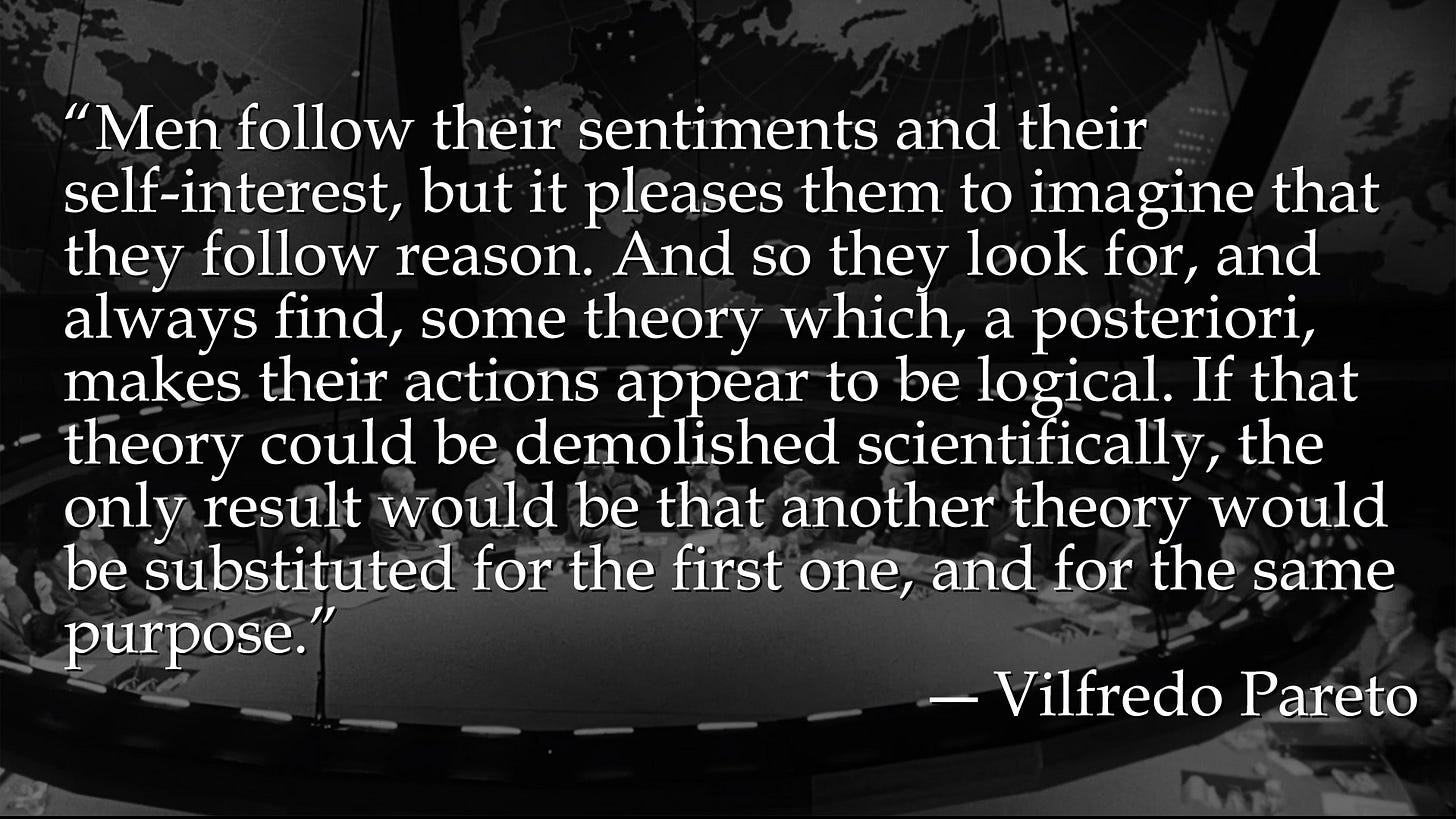
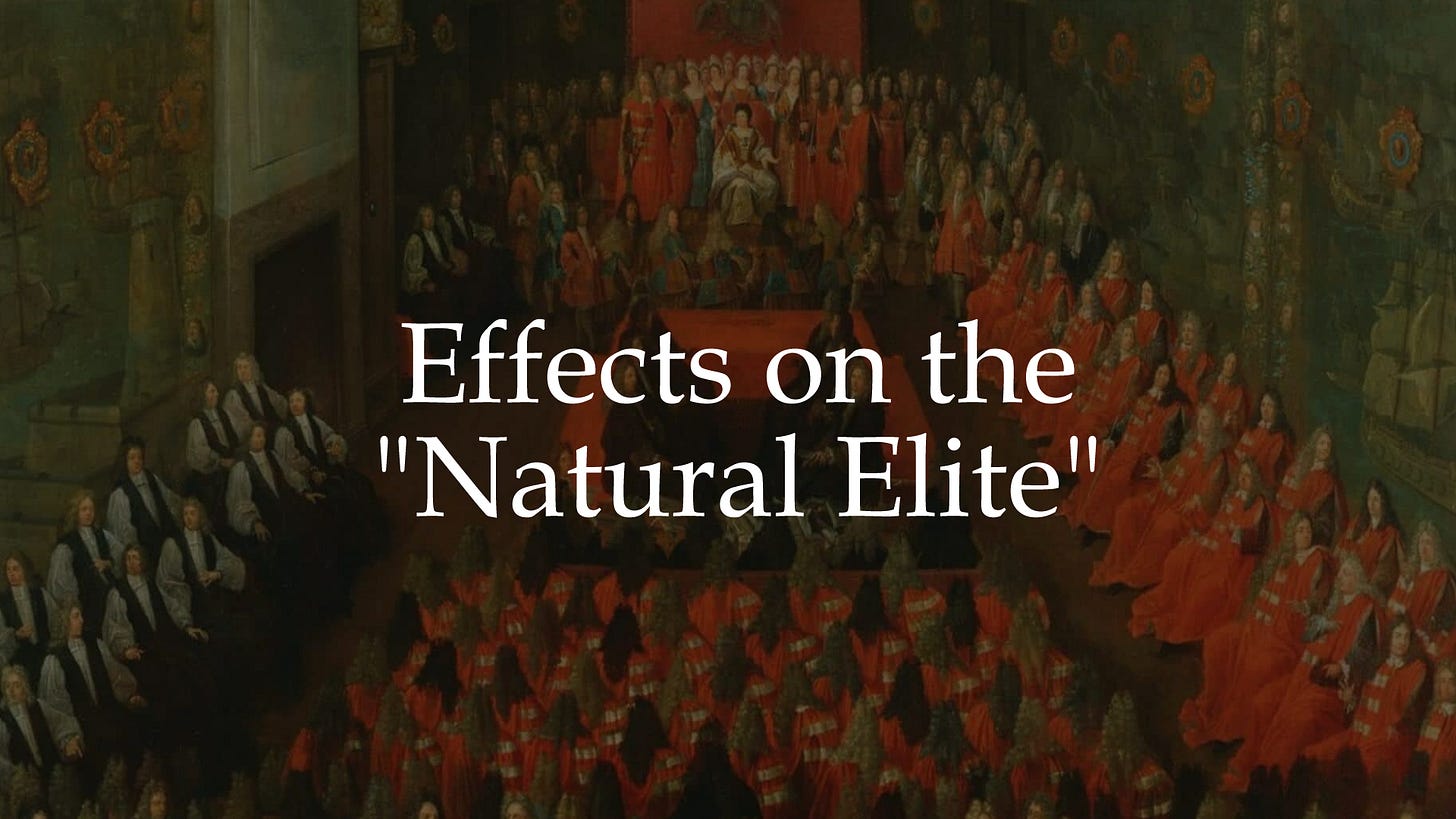

So this ticking time-bomb of the Not-Yet-But-Soon-Will-Be Elites is going to have the effect of bringing the whole system down and replacing it with a new order, one which does not ascribe to foolish notions of egalitarianism and "all men are created equal", etc.
Basically, the potential for elites is higher now and at the end of this civilization which means, that in the near future, when things do change, there will be no shortage of people willing, capable and able to take charge from the managerial elite.
Great Article,
the Vancuatd is hard to achieve but when all the factors come together its powerful
I see the destruction of male friendship and male groups (Männerbund) as one of the key moves the regime did to us. We have to fix this asap.
Personally I dont hold the actual traditions that high in regard, rather the meta-tradition or spirit behind it. I am also a proponent of the negative vision and vitalism.
I apreciate the more detailed looks at polizics and I also apreciated this more general structural overview.
Keep at it.